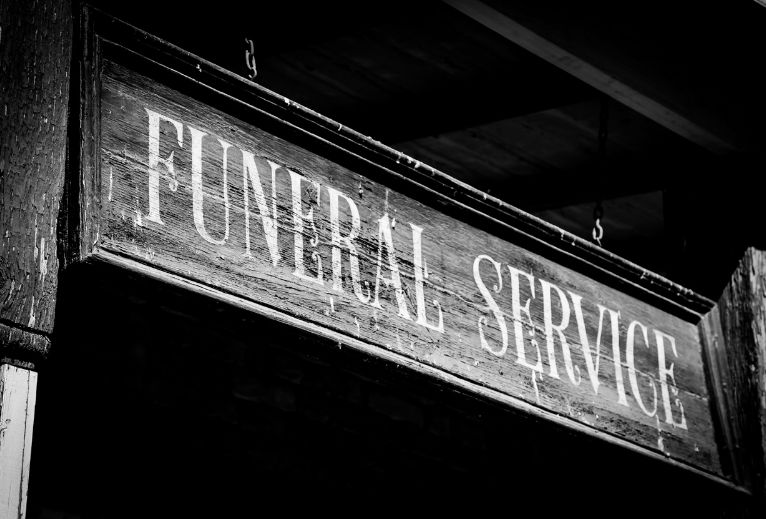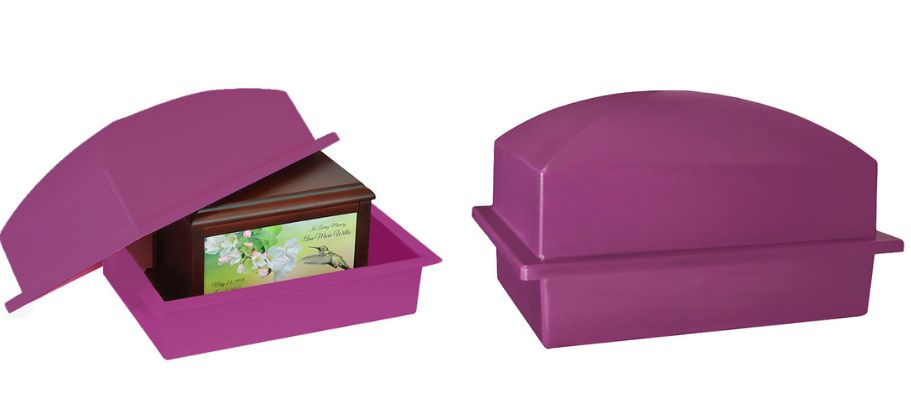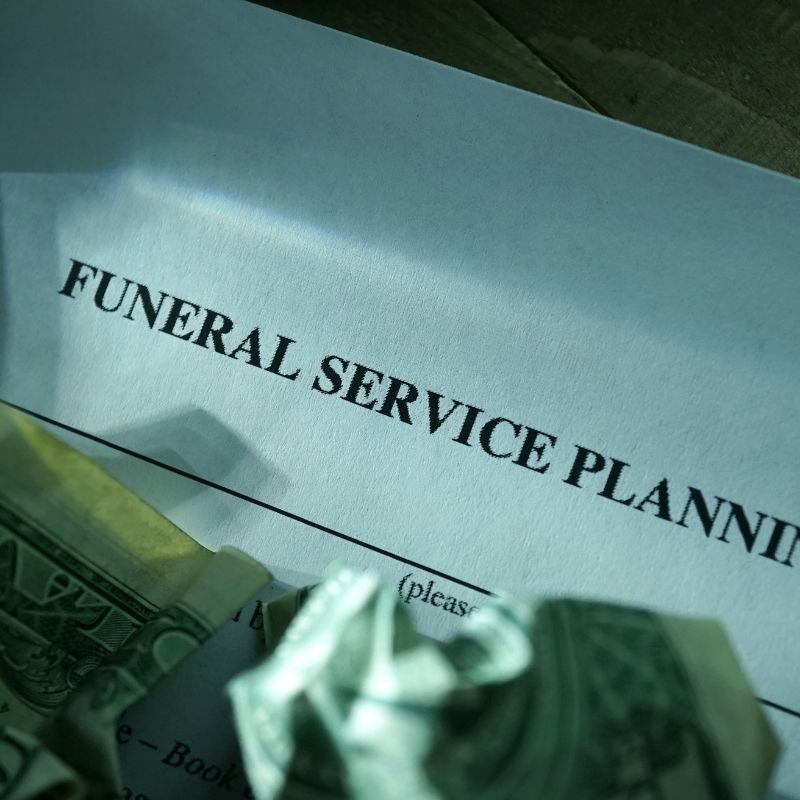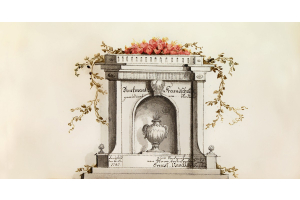
Money is a huge factor with funeral planning. With the average funeral costing upwards of $10,000, it is not something you’d want to put on a credit card. But in the past, getting accurate pricing used to be a nightmare. The Federal Trade Commission changed that by passing the Funeral Rule. It forced businesses taking advantage of people’s grief to make costs transparent and easy to understand. That way, you receive exactly what you want and nothing you don’t.
What Is the Funeral Rule?
The Funeral Rule holds businesses offering funeral goods and services accountable, by controlling how they set and share price lists or information with potential customers. Specifically, the guidelines tell funeral homes what they must include, and tactics they are not allowed to do.
Funeral and memorial planning is a stressful time for grieving families, especially if your past loved one gave no instruction for their burial. Taking into account families with limited funds, struggling to honor their loved ones without breaking the bank. The goal of the rule is to ensure transparency in pricing, so that consumers can make an educated decision.

What’s Included in the Funeral Rule?
Most aspects of the rule tie into a set of six guidelines. These guidelines dictate what the companies are allowed to say, information they must share, and claims they cannot make. These six things must be included in the options that a funeral home offers you and on the materials they publish. The Federal Trade Commission has published detailed examples of the ways that business can phrase certain statements, in person or on a price list.
1. Right to Choose Goods and Services
Most funeral homes offer convenience packages so you do not have to browse through a high number of items or services. But you are not required to select a package. The rule dictates that businesses allow customers to pick and choose goods and services individually. This means that if a particular service does not fit, you’re not required to pay for it. This also applies to pre-planning. If you choose a product that is no longer available or is at a higher price than the original, you aren’t forced to pay for an equivalent one.
2. Rules About Embalming
Embalming is a common practice to preserve the body for a viewing before burial or cremation, but it is not required. The rule states that funeral homes are not allowed to require embalming or tell customers that embalming is required unless state law dictates otherwise. If you opt for direct cremation or burial within a day or two of death, embalming may not be necessary.
Since this service is done quickly after death, questions of consent are also covered by this guideline. Since family members usually aren’t obligated to choose embalming, they don’t have to pay for it in all cases. In fact, embalmers must prove that they received approval for the service before they provide it. This eliminates any confusion about whether the family knew about it.
3. Containers for Cremation

One reason to choose cremation is the need to keep costs down. Cremation can be significantly cheaper than a traditional burial, in large part because of the casket. Caskets range from $2,000 to $10,000. Funeral homes cannot require customers to buy a casket for direct cremation. Instead, they must offer cremation urns or accept appropriate containers that you have purchased elsewhere.
4. Fees for Basic Services
Funeral homes had a tendency to add additional service fees that are unclear. This rule requires businesses to outline any basic service fee and what’s included, to avoid them tacking on extra fees to make the cost of funeral goods seem low. This is FTC’s say on what a basic service fee includes:
The Funeral Rule allows funeral providers to charge a basic services fee that customers have to pay. The basic services fee includes services that are common to all funerals, regardless of the specific arrangement. These include funeral planning, securing the necessary permits and copies of death certificates, preparing the notices, sheltering the remains, and coordinating the arrangements with the cemetery, crematory or other third parties. The fee does not include charges for optional services or merchandise.

If funeral homes opt to make the service fee required, they must disclose that on their price list. Consumers will know the fee will be added onto any other goods and services that they choose.
5. Price List for Caskets
With a wide variety of caskets consumers can buy, funeral homes adhering to the rule must make this information available over the phone. They have a couple options in their approach. First, they include the price list as part of their other goods and services. Second, they offer a separate price list with the range of casket prices on their general price list. It makes it easy for you to see at a glance what you can expect to pay.
6. Price List for Outer Burial Container
You may not be aware that some cemeteries require an outer burial container in addition to a casket, if yours doesn’t you are not required to buy this container. You also don’t have to buy it from the place providing the funeral services. The funeral home can tell consumers that certain cemeteries require it, but they are not allowed to misrepresent this information about a specific location. It must be accurate. If the business offers outer burial containers, they must list it like they would with caskets.

What Should Consumers Keep in Mind Concerning the Funeral Rule?
Besides the six disclosures that each company must make to clarify their pricing, keep in mind a few things to watch out for. Clarifying expectations help people know what they can request and from whom. These guidelines outline which companies fall under the rule and how they share information.
Estimates for Selected Goods and Services
The rule requires companies to provide a written list of prices with a total for all the goods and services that you’d choose. This must involve all fees, even the ones that a funeral home charges everyone as a matter of practice. This allows customers to take this information and compare it. If you get estimates from more than one company, you can choose the one that best fits your needs.

Methods of Contact
When we are making difficult decisions while dealing with grief, it is easy to make decisions we might regret later. High pressure sales while you are at a funeral home can contribute to the problem. To avoid this issue, companies are required to make their price list available over the phone as well as in person. They cannot require a caller to provide their name or contact information in order to receive a price list. This allows you to call several funeral homes in one area to get pricing, without having to go to each one.
What’s Not Included?
Although the rule includes most aspects related to the planning and carrying out of a funeral or memorial service, it doesn’t involve everything. There are a handful of exceptions to the rule. For example:
- Companies can provide different price lists for special groups like infants or government agencies. They must make these lists available according to the rule.
- Companies that only sell funeral goods but not services may not be required to follow the rule.
- Businesses are not required to set payment guidelines per the rule.
If people aren’t sure whether or not a price should be included, they may want to consult FTC guidelines to verify.
Does the Funeral Rule Apply to Pre-Planning?
The funeral rule applies to all goods and services that you may choose through a company that offers both. This is true whether or not you make arrangements in advance. The rule was designed to avoid unethical practices when selling products and services to family members after a loved one has died. But since you could be prone to emotional decision making when pre-planning your or another’s final rest, it’s important that these consumer protections apply too.
What Prompted the Funeral Rule?
The funeral rule was implemented in 1984. The goal of these guidelines was to address the unethical and predatory practices by companies that provide funeral goods and services.
Prior to the rule, you’d often find that you couldn’t get price lists in advance or over the phone. If you’d ask companies what was included in a package, you might not get the full picture. Some businesses would require you to pay for a complete package if you only wanted one item, like a casket. Since funeral planning is something you’d do while crippled with grief and stress, it was difficult deciding to shop elsewhere.The rule required pricing transparency to compare and confirm that you want the services you’ve chosen.

How Does the FTC Enforce the Funeral Rule?
The rule requires companies to provide pricing over the phone, it is relatively simple to test compliance. On occasion, the FTC will call funeral homes and request information. Businesses can set regular business hours when they will provide a price list, but they must give that information during those hours. They cannot simply decline to answer phone calls as a way of getting around the rule. The FTC may also send people in-person to request information, but this is less common.
What Happens if Funeral Homes Break the Funeral Rule?
Since this is a civil matter, the way that the FTC handles violations varies from what people might expect from a criminal scenario. Specifically, the FTC usually offers companies that violate the rule two options. The first is to participate in a three-year program called the Funeral Rule Offenders Program. During this time, the FTC provides additional training for company employees, as well as regular review to ensure that they comply. Most companies caught breaking the rule choose this option. The second option involves a lawsuit and penalties of up to $16,000 for each violation.
How Can Pre-Planning Help Families?
Planning a funeral or memorial in advance helps you avoid the stress of making final arrangements after a person has died. This simplifies the selection of products and services in most cases. You should keep in mind that there are different rules governing price controls for pre-planning.
For example, if you choose a package that does not guarantee pricing for goods and service at the time of death, you may need to pay more to get the same choices. You should ask if a funeral home offers price guarantees and read the fine print before making a commitment.
The rule applies to services, arrangements, and goods at the time of purchase and at the time of the services. This means that if prices have changed and you must adjust. You have the right to request price lists and choose different services as needed. Companies cannot require you to keep services or goods selected in advance.
No one wants to feel like they’re being taken for a ride while planning a funeral. The process is expensive enough and hard to do in the midst of grief. That is why the Funeral Rule exists. Funeral homes are not allowed to take advantage of you by forcing a higher priced package or services you don’t want. This way, you can have an appropriate service, cremation, or burial without extras you don’t want or need.
If you’d like more information on the Funeral Rule or resources regarding fair practices in the funeral industry. Check out The FTC Funeral Rule and Funeral Consumers Alliance websites.





